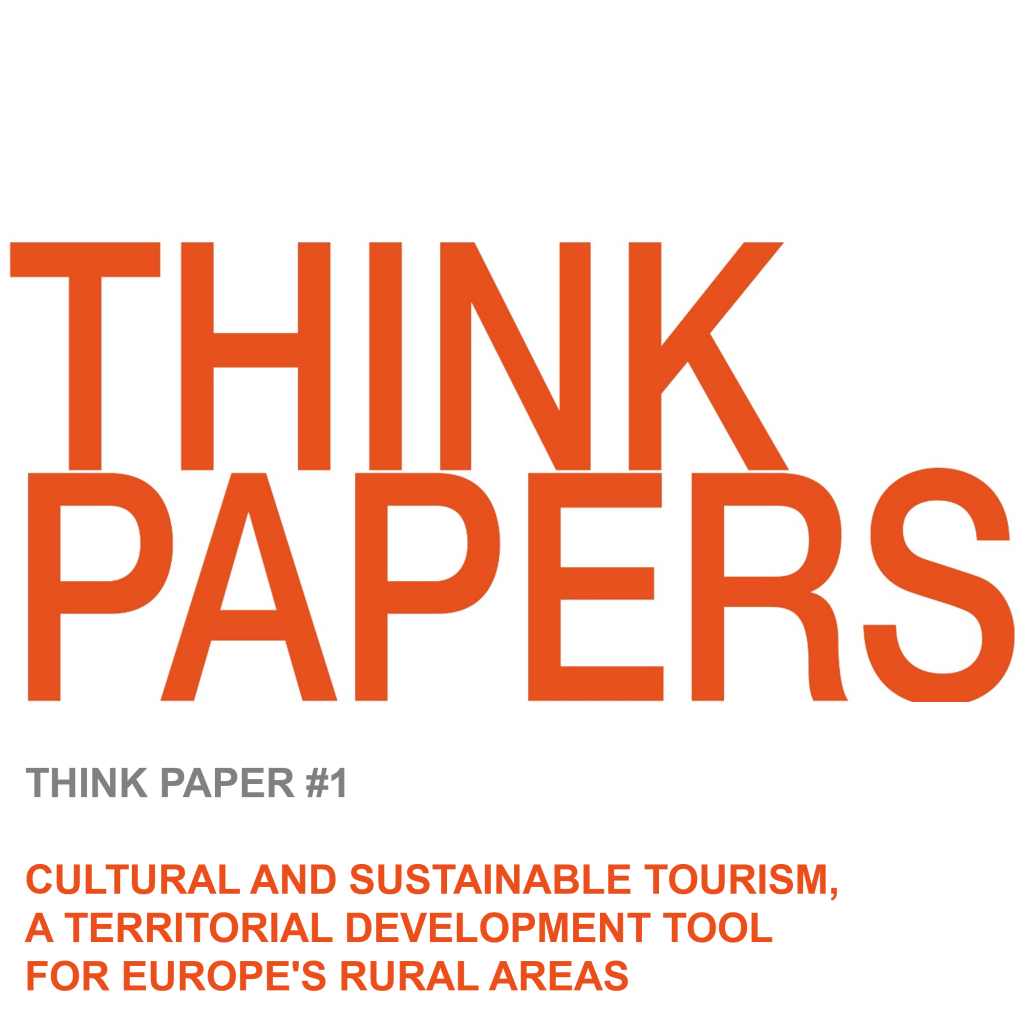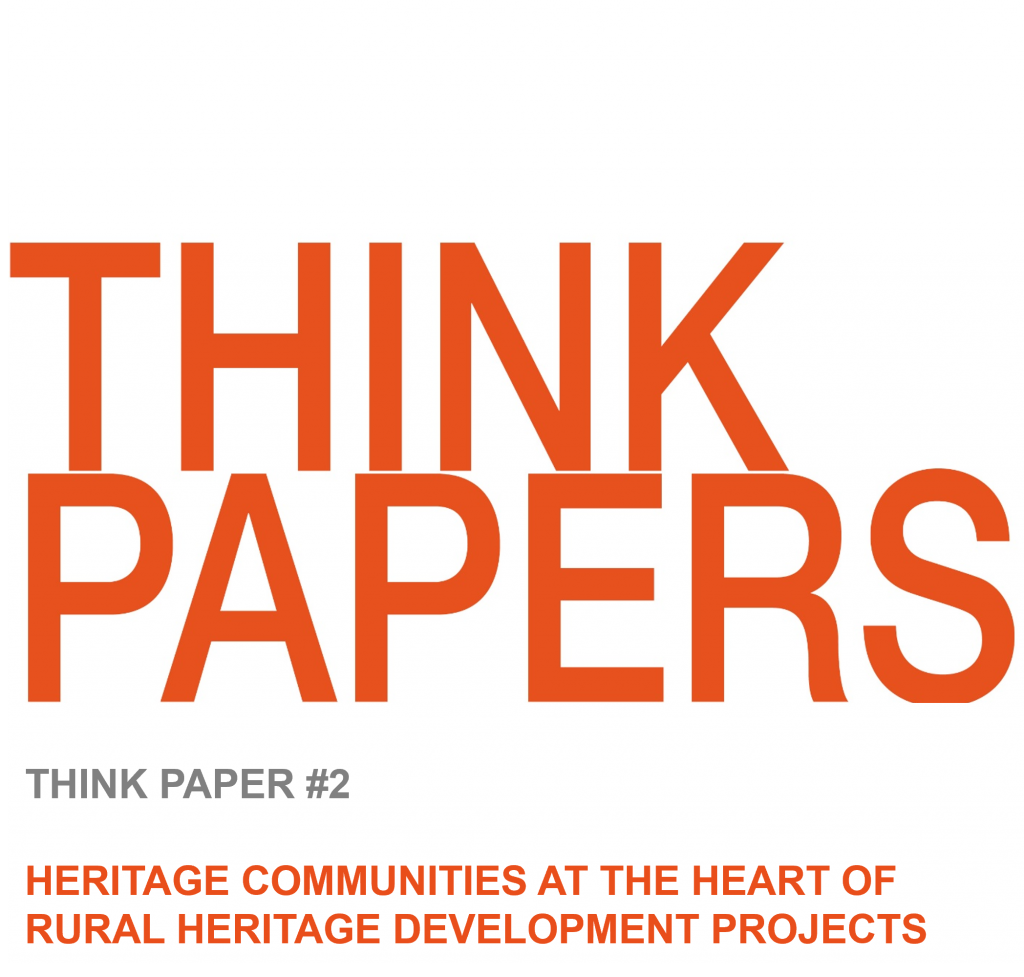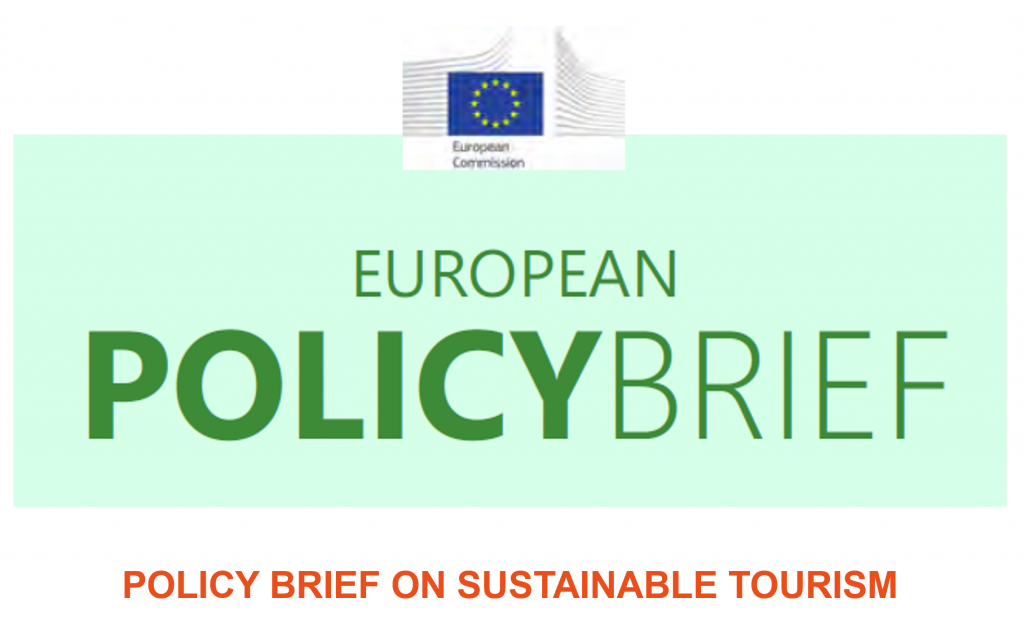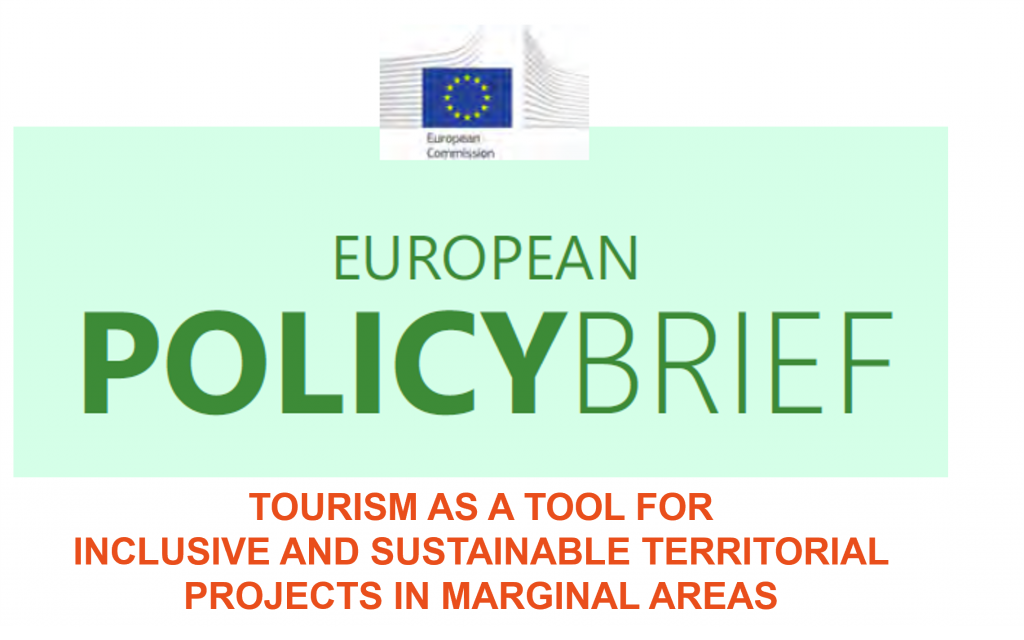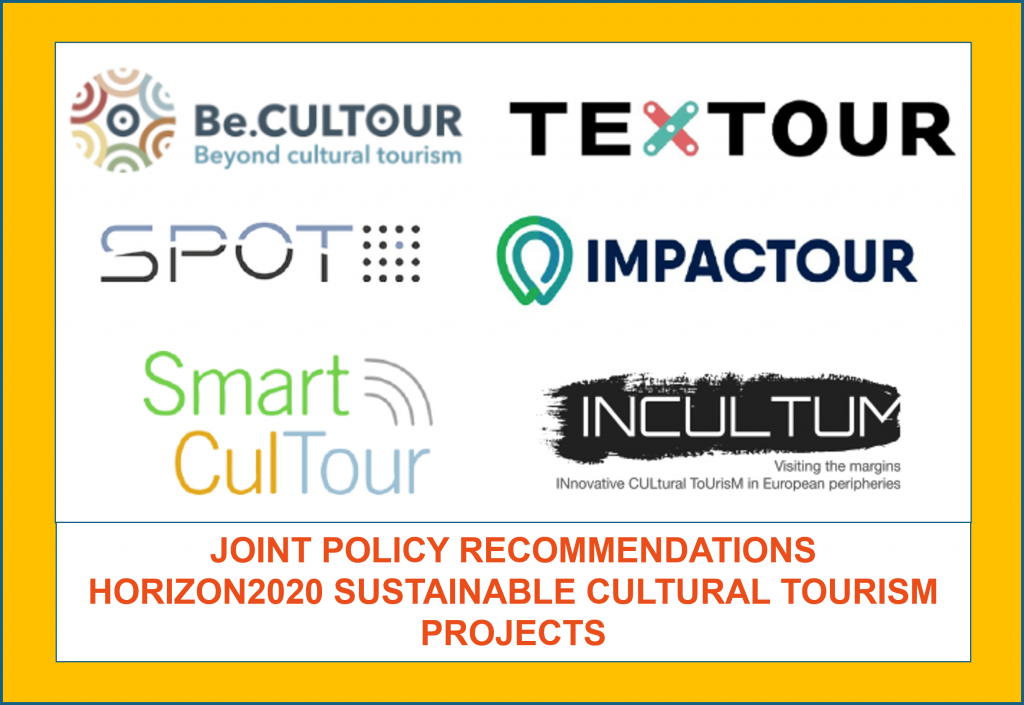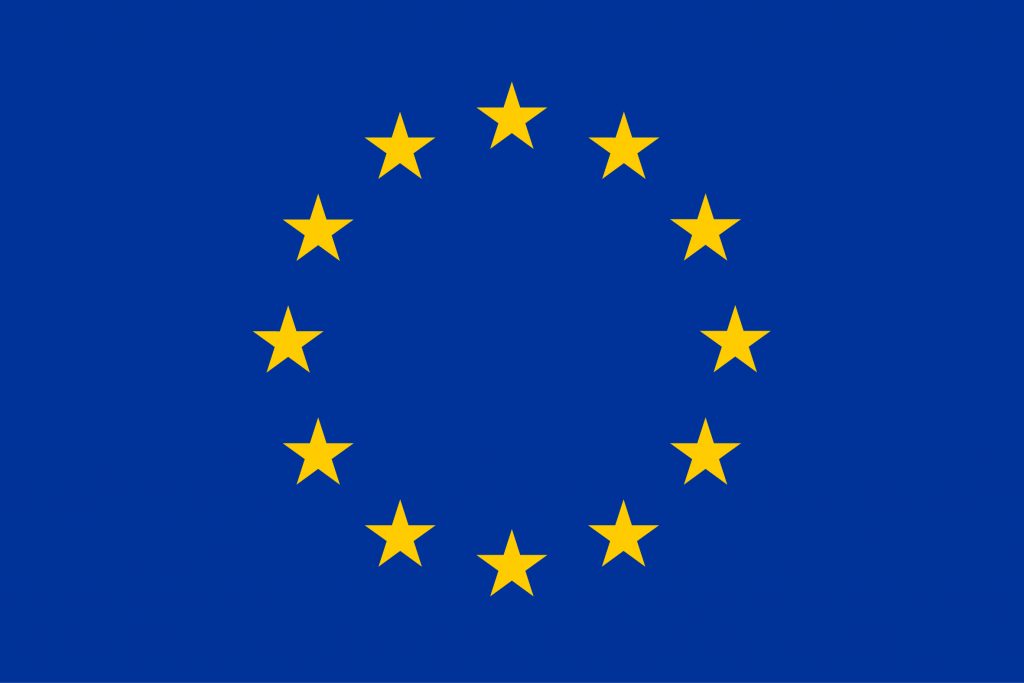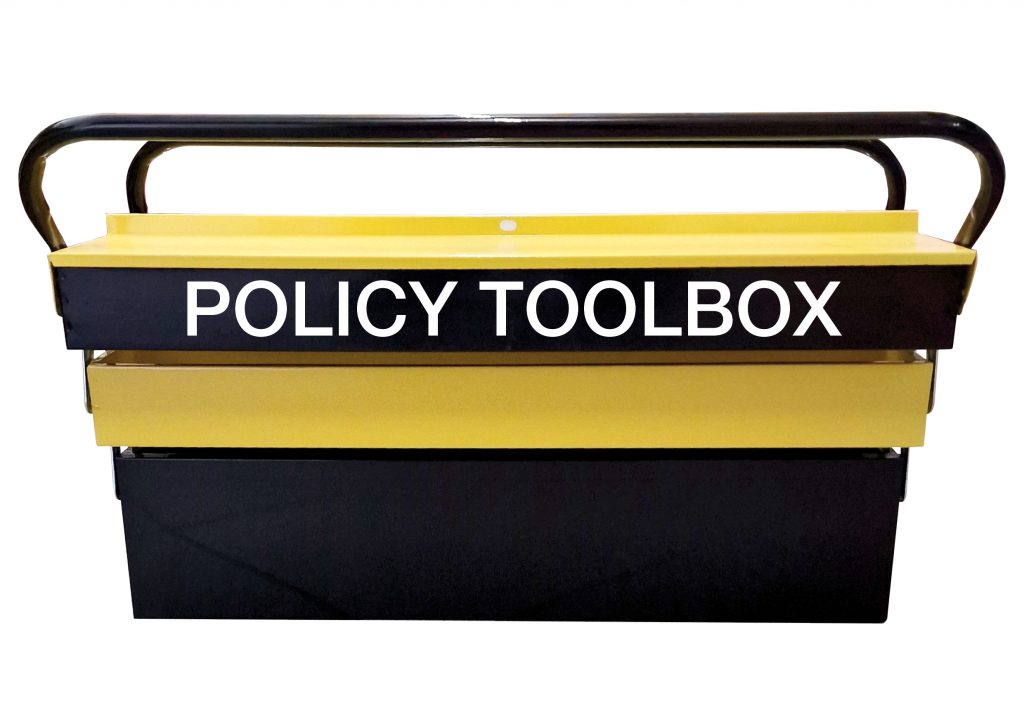
The INCULTUM Policy Toolbox for Participatory Models has been developed within the Work Package Policies and participatory models. (WP4). It aims to offer a comprehensive set of tools derived from the outputs of all four tasks completed in WP4, namely:
- Task 4.1 In-depth analysis of participatory models
- Task 4.2 Relevant drivers and barriers that account for the success or failure of participatory models
- Task 4.3 Evaluation framework for the assessment of participatory models’ outcomes that are based on co-creation of innovative tools in relation to the expected benefits for the involved stakeholders
- Task 4.4 Policy brief, think papers and recommendations regarding instruments for participatory models leading to synergies between participatory models and innovative tools arrangements
This policy toolbox includes several participatory frameworks, focused on drivers and barriers. It highlights opportunities brought by digitalization, offers evaluation framework for the assessment of participatory models’ outcomes, and incorporates the policy recommendations elaborated during the project’s action and its pilots. This comprehensive toolbox helps in understanding and enhancing participatory models effectively.
The Toolbox contains tools and project’s deliverables as illustrated in the boxes below.
Furthermore, more tools and examples of good practices are available in the INCULTUM Training Portal.
POLICY TOOLS
WP4 DELIVERABLES
The report provides a comprehensive analysis of participatory models in the context of culture, tourism, and sustainable development, featuring an extensive review of literature, empirical studies, and past research projects. It synthesizes existing knowledge, explores the impact of digital transformation, proposes the innovative INCULTUM Participatory Framework for cultural tourism innovation, and highlights global case studies, establishing a foundational base for subsequent tasks and contributing to a Routledge book on sustainable cultural tourism in European peripheries.
First Policy brief on sustainable tourism concept, marginal areas and marginal heritage, methodologies and innovative approaches to achieve positive social, economic, cultural and environmental impacts.
D4.3: Report from the Brussels Policy Workshop and Round Table
The final report, prepared in collaboration with H2020 sister projects (Be.CULTOUR, TEXTOUR, SPOT, IMPACTOUR, Smart CulTour), synthesizes discussions and outcomes from meetings, offering 11 detailed policy recommendations across three main themes, with specific action points. It highlights the evolution of tourism into a fully recognized policy sector within significant EU frameworks like the Green Deal, promotes interconnected European routes through joint ticketing systems, and includes an analysis of drivers and barriers, emphasizing the need for a balanced participatory governance to foster sustainable cultural tourism.
The contents of this deliverable are available as one of the policy tools linked above.
The framework provides a comprehensive strategy for assessing the diversity among stakeholders—including government bodies, local communities, academia, tourists, and media—and their varied motivations which influence participatory processes and outcomes. It uses a mixed-methods approach, integrating stakeholder mapping, interviews, surveys, and qualitative and quantitative analyses to evaluate both the processes and outcomes of participatory models. This thorough evaluation not only identifies strengths and areas for improvement but also helps to develop strategies for enhanced stakeholder engagement and collaboration, crucial for the effectiveness and sustainability of cultural tourism initiatives.
D4.5: Policy Outputs
This deliverable draws on the results of WP4 “Policies and participatory models,” emphasizing sustainable cultural tourism and innovative policies. It incorporates evidence from demonstrative cases, primarily those in WP5, and is linked to the impacts and policies related to WP7 and Structural Investment Funds. The report includes a policy brief which offers recommendations for using tourism as a tool for inclusive and sustainable projects in marginal areas. Additionally, it contains two think papers: the first explores cultural and sustainable tourism as a development tool for rural Europe, based on findings from the INCULTUM research program; the second focuses on the role of heritage communities in rural heritage development, also informed by insights from the INCULTUM program.
The contents of this deliverable are available as policy tools linked above.

